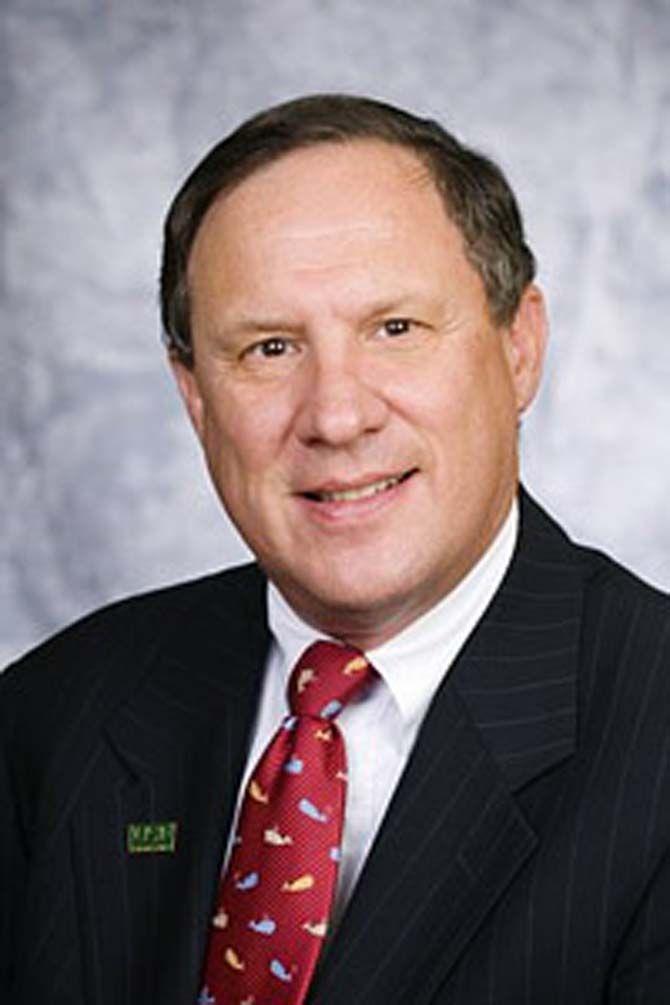Chris D’Elia, dean of the School of the Coast and Environment, drives an electric car to work, has a solar panel on his house to heat his water and turns off lights whenever possible, yet he doesn’t consider himself “green.”
To be truly green, D’Elia said, one would have to reduce his or her footprint on the earth to what it was before the Industrial Revolution, something he doesn’t recommend.
Instead, D’Elia said students and citizens of today’s world should try to conserve energy wherever possible, something he finds difficult because of his work and lifestyle.
The School of the Coast and Environment researches the effect of how the U.S. gets its energy supply on the earth. In the last five years, the college has more than doubled in enrollment, and faculty members receive $8 million to $12 million in external funding for their research.
D’Elia arrived in 2009 after working in research and academia at several universities.
“I teach a course with Dr. Dismukes on energy,” D’Elia said. “You have to think critically about energy, because there are multiple sides to everything.”
D’Elia used the energy and rare-earth metals put into making the batteries of electric cars as an example of an energy trade-off between purchasing an electric car or a standard car.
He said the shrinking of the world’s supply of fossil fuels is inevitable, but it can be staved off by conservation efforts. For students, this could mean carpooling turning air conditioners to a lower temperature during the summer and being careful with how they use energy.
The U.S. is home to 5 percent of the world’s population, but it uses 25 percent of the world’s energy, D’Elia said.
Terms like “green” and “sustainability,” he said, are popular but ambiguous in their meanings, and while D’Elia is supportive of the movements, he doesn’t like the way the terms are used as a stamp of approval or goodness of an activity.
“What does sustainability really mean?” D’Elia said. “If you look at the times before the Industrial Revolution when there was about one billion people on the planet, and there were high mortality rates, and people had a much lower standard of living, the use of fossil fuels was sustainable.”
This week, faculty members of the college attended a global conference in India to discuss the state of the world’s deltas, which are shrinking because of the dams used to create electricity.
The shrinking of deltas causes fisheries to produce less fish and doesn’t allow for sediment to be deposited at the coastline. Estuaries, the place where rivers meet the ocean, are the nursing grounds where many species of wildlife foster their young, D’Elia said.
D’Elia said energy and the economy are all connected because of the jobs these provide, and he said he hopes his college can grow and produce research and graduates that can help.
Coast and Environment dean promotes conservation
December 4, 2014





